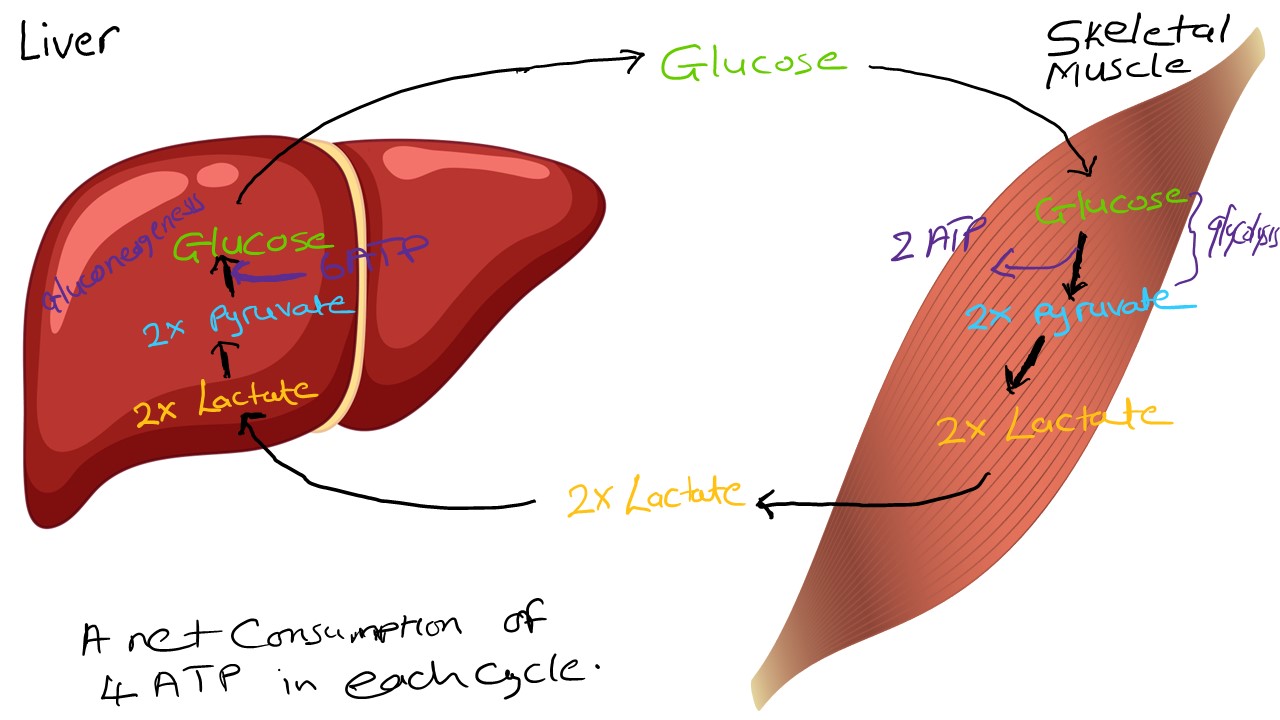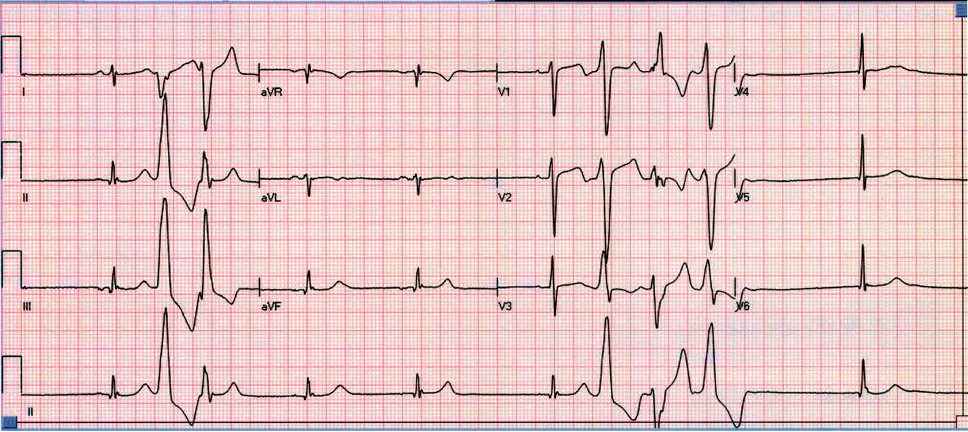The Cori Cycle The Cori Cycle, also known as the lactic acid cycle, is an essential metabolic pathway that plays a crucial role in maintaining glucose homeostasis and energy balance in the body. It serves as a dynamic metabolic pathway that helps balance energy needs during periods of intense physical activity, preventing the accumulation of lactic acid in muscles and contributing to the maintenance of blood glucose levels for various tissues, including the brain. The Cori Cycle involves several biochemical steps: Lactate Production: In active muscle cells, especially during intense exercise, there is increased glycolysis (breakdown of glucose) to produce…
A January 2021 article published by Dr. Curtis McKnight and co [from Phoenix, Arizona] in the Journal of the Academy of Consultation-Liaison Psychiatry showcased a shocking case describing a 30-year-old male with type 1 bipolar disorder and a history of intravenous drug use who was admitted after being brought to the emergency department for confusion with concerns that he was going through depressive and manic states. He reportedly had not been taking his medications but rather he had been researching ways to self-treat his depression and opioid dependence. After reading about the therapeutic effects of hallucinogenic…
Middle age male patient admitted for evaluation of syncope. He has a history of coronary artery disease, severe pulmonary HTN, COPD, anemia of chronic disease, Osteoarthritis, left vocal cord paralysis, orthostatic hypotension, unsteady gaits and previous syncopal episode. CT head imaging remarkable for cerebellar atrophy. MRI done showed moderate cerebellar atrophy, midbrain atrophy with hummingbird sign and hot cross bun sign in the pons representing neurodegenerative disease multisystem atrophy and progressive supranuclear palsy. The above constellation of symptoms and image findings are consistent with Multiple System Atrophy C-subtype. Multiple system atrophy (MSA) is a sporadic [although mutations in the…
The U.S. Food and Drug Administration today approved Trulance (plecanatide) for the treatment of Chronic Idiopathic Constipation (CIC) in adult patients. “No one medication works for all patients suffering from chronic gastrointestinal disorders,” said Julie Beitz, M.D., director of the Office of Drug Evaluation III in the FDA’s Center for Drug Evaluation and Research. “With the availability of new therapies, patients and their doctors can select the most appropriate treatment for their condition.” According to the National Institutes of Health, an estimated 42 million people are affected by constipation. Chronic idiopathic constipation is a diagnosis given to…
Patient Z is a 78 year old male with a medical history of ischemic cardiomyopathy who had an implantable cardioverter-defibrillator (ICD) placed earlier in the beginning of 2016 [dual-chamber, rate-modulated (DDDR) pacemaker] , hypertension and hypothyroidism. Patient Z presented to the ER after 1 episode of dizziness, elevated blood pressure to 170 systolic and bradycardia of 40bpm. Symptoms resolved en route to the ER but elevated blood pressure and bradycardia persisted. His ICD [with lower rate limit set at 60bpm] was interrogated about five months ago. Initial work for acute coronary artery disease and other structural heart disease…
US Patient Mortality Lower With Non-US-Trained Physicians Ricki Lewis, PhD [from Medscape] Medicare patients admitted to the hospital and treated by internists who graduated from medical schools outside the United States had lower 30-day mortality than matched patients cared for by graduates of US schools, according to results of a study published online today in the British Medical Journal (BMJ). To practice in the US, international medical school graduates must pass two exams on medical knowledge and one assessment of clinical skills, and complete accredited residency training here. However, medical schools outside the US are not accredited…





